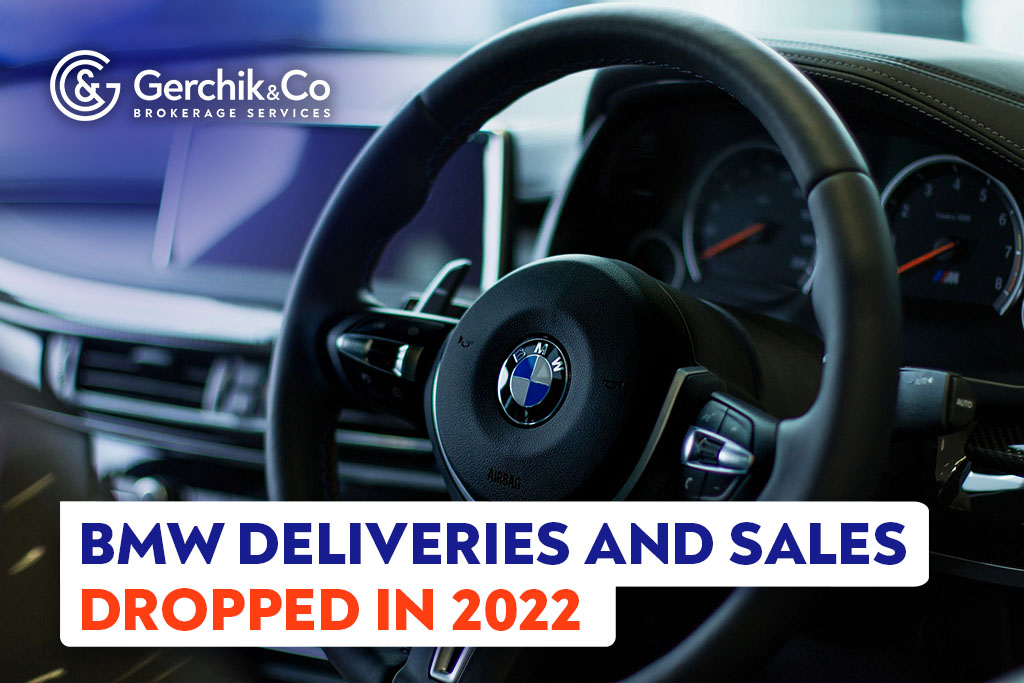
The BMW Group delivered just under 2.4 million vehicles in 2022, down 4.8% on the year before. At the same time, brand sales fell by 5.1%. The cause was supply chain bottlenecks caused by the lockdown in China and the Russian-Ukrainian military conflict, which led to reduced supplies.
Nevertheless, the carmaker said sales rose 10.6% in the fourth quarter thanks to the removal of bottlenecks. Sales of all-electric vehicles also performed well, more than doubling to 215,755 for the year.
“We are sure that we will be able to build on this success in 2023 as we continue to see a particularly high volume of orders for our all-electric models,” Peter Nota, Member of the Management Board of BMW AG in charge of Customers, Brands and Sales, said. BMW survived the early days of the COVID-19 pandemic better than its competitors did achieving record sales in 2021, but suffered in 2022 due to ongoing supply chain problems.
Nevertheless, so far, the carmaker has compensated for the drop in sales with higher prices and third-quarter profits rose in 2022.
On Tuesday, the BMW Group also said it is moving to a direct sales model in 24 European markets. At the same time, agents will act as sales representatives in order to reach “new, internet-experienced target customer groups.”
Login in Personal Account